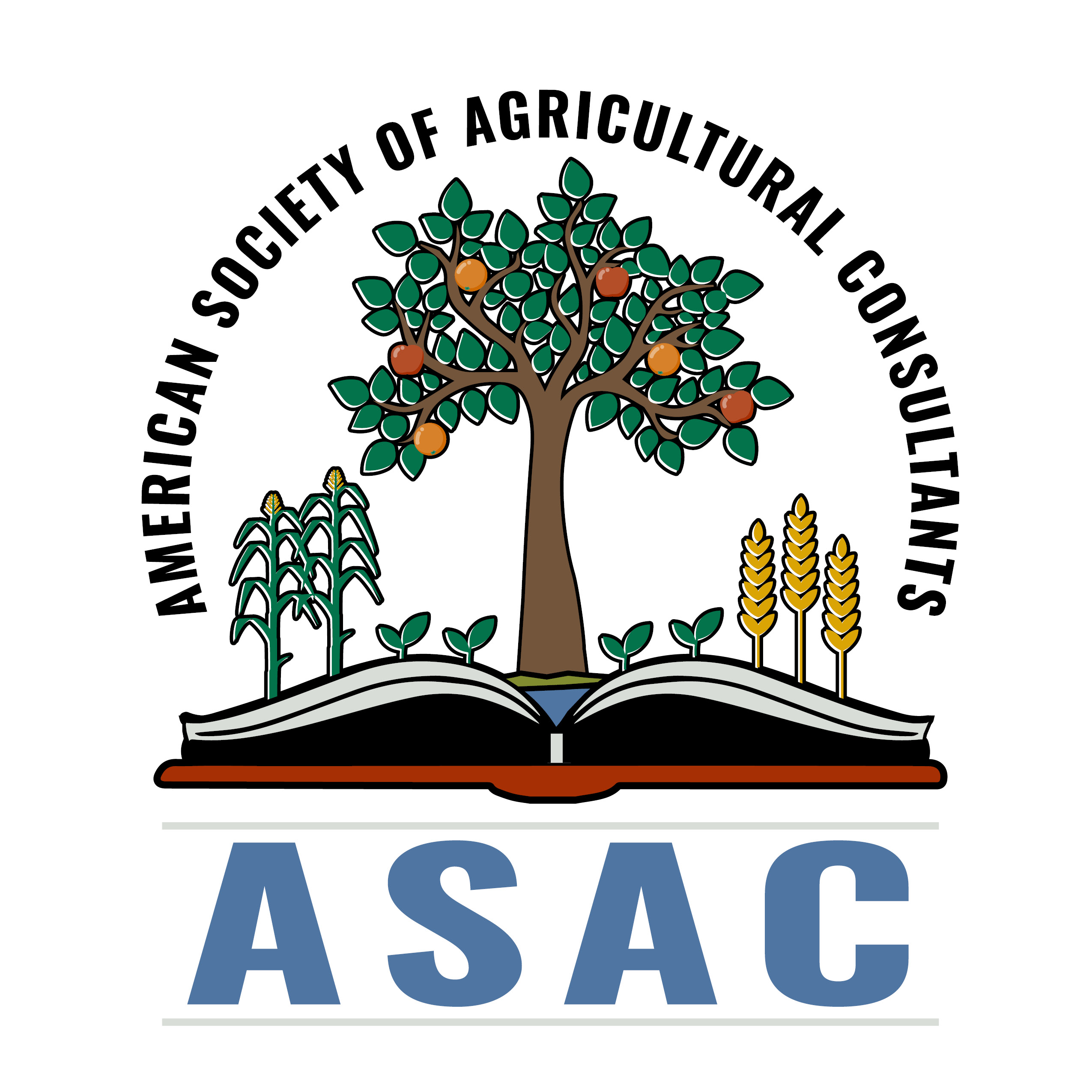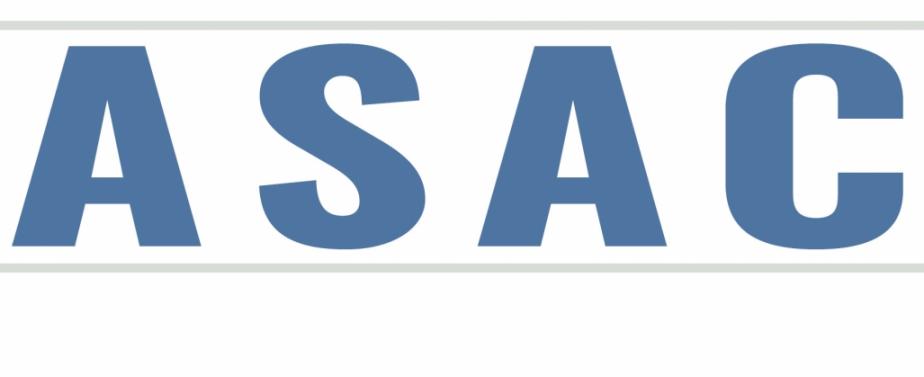Changing Our Thinking...
11/01/2024
One area in farm business management that needs to be an intense focus is income tax planning and management. Far too many people, farming or otherwise, personal or business, regard payment of income taxes the ultimate bogeyman. No one likes to pay taxes. However, short of full repeal, they are here to stay. We must learn to manage our tax liabilities, by managing our profitability over business cycles and over the long term. Simply tallying up this calendar year’s revenues and expenses and trying to minimize or eliminate a tax liability based on each individual year’s results, in the long haul, will likely come back to haunt you one day. Nowhere is this practiced more fully with a notion to avoid paying tax in a given year than with depreciation. Accelerated depreciation and Section 179 are often misused to the long-term detriment of the farm business. Spending ten dollars to save a dollar typically doesn’t work out.
Certainly, these IRS provisions, along with other tax mitigation techniques such as income averaging, can be beneficial to the farm business. Take care to analyze the merits and demerits of using these IRS programs in your farm business.
Proper tax planning begins with sound bookkeeping and financial statement development and analysis. Knowing enterprise analysis, per-unit cost of production, return on investment analysis, and, yes, having accurate, up-to-date depreciation schedules on different classes of assets is a must in order to have a clear picture of the present and forecasted status of the farm business.
Tax professionals are no different than doctors, attorneys and other professionals who specialize in certain areas of their chosen line of business. Engage those who understand the various and specific nuances and the language of the type of operation you have, be it livestock, dairy, poultry, row crops of various kinds (many similarities; many dissimilarities), forestry, specialty crops. Realizing a tax audit may always be possible, have an accountant who has experienced audits and has the mindset and the fortitude to handle one.
Use tax management techniques and strategies to build your business, hence your wealth, for long term profitability and viability. This will also help you lead into more accurate and reliable estate planning and management succession decision making.
Tax planning based on a one-year-at-a-time Schedule F or C filing is a dead-end road.
*****************************
This article is the opinion and perspective of the author and may or may not be consistent with those of anyone else. Mention of specific people or items in the article is not an endorsement of the individual, the company or the organization from which it originates.
Pete Weisenberger
Weisenberger Agricultural Services, LLC
pete.weis0956@gmail.com
One area in farm business management that needs to be an intense focus is income tax planning and management. Far too many people, farming or otherwise, personal or business, regard payment of income taxes the ultimate bogeyman. No one likes to pay taxes. However, short of full repeal, they are here to stay. We must learn to manage our tax liabilities, by managing our profitability over business cycles and over the long term. Simply tallying up this calendar year’s revenues and expenses and trying to minimize or eliminate a tax liability based on each individual year’s results, in the long haul, will likely come back to haunt you one day. Nowhere is this practiced more fully with a notion to avoid paying tax in a given year than with depreciation. Accelerated depreciation and Section 179 are often misused to the long-term detriment of the farm business. Spending ten dollars to save a dollar typically doesn’t work out.
Certainly, these IRS provisions, along with other tax mitigation techniques such as income averaging, can be beneficial to the farm business. Take care to analyze the merits and demerits of using these IRS programs in your farm business.
Proper tax planning begins with sound bookkeeping and financial statement development and analysis. Knowing enterprise analysis, per-unit cost of production, return on investment analysis, and, yes, having accurate, up-to-date depreciation schedules on different classes of assets is a must in order to have a clear picture of the present and forecasted status of the farm business.
Tax professionals are no different than doctors, attorneys and other professionals who specialize in certain areas of their chosen line of business. Engage those who understand the various and specific nuances and the language of the type of operation you have, be it livestock, dairy, poultry, row crops of various kinds (many similarities; many dissimilarities), forestry, specialty crops. Realizing a tax audit may always be possible, have an accountant who has experienced audits and has the mindset and the fortitude to handle one.
Use tax management techniques and strategies to build your business, hence your wealth, for long term profitability and viability. This will also help you lead into more accurate and reliable estate planning and management succession decision making.
Tax planning based on a one-year-at-a-time Schedule F or C filing is a dead-end road.
*****************************
This article is the opinion and perspective of the author and may or may not be consistent with those of anyone else. Mention of specific people or items in the article is not an endorsement of the individual, the company or the organization from which it originates.
Pete Weisenberger
Weisenberger Agricultural Services, LLC
pete.weis0956@gmail.com
Post a new comment







